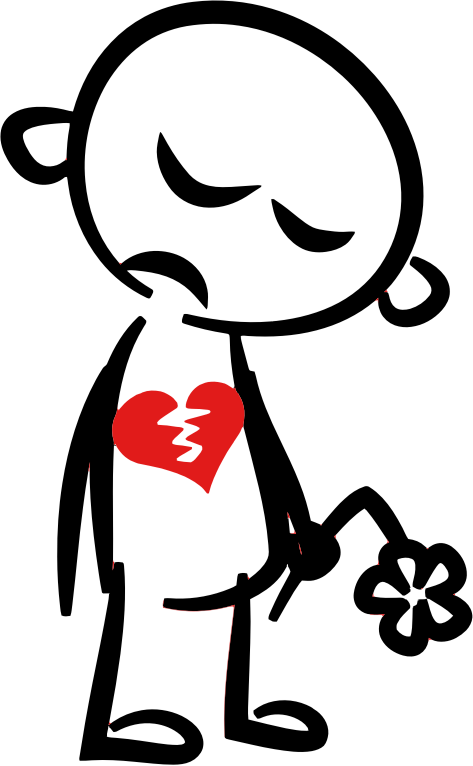If you write long enough, you’re going to develop a stable of favorite words. I use “clearly” all the time and describe things as “gray” way too often. When you edit your books, you should also be checking to see how often you’re repeating words. Too much repetition ruins the flow of the book and ends up becoming distracting...becoming distracting.
Clearly, Repetition is Bad
It’s really easy to fall into patterns when you write a lot. Scene structure, dialogue and your narrative voice can start to become formulaic, and you may find yourself repeating words. It’s a bad writing habit that you can’t always break.
You can, however, edit it.

































